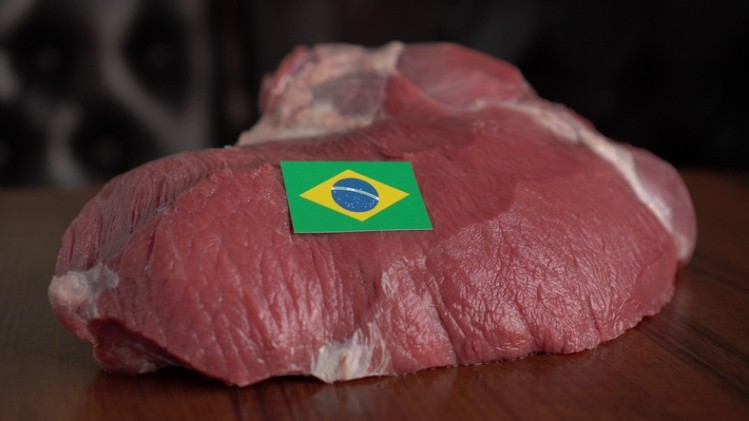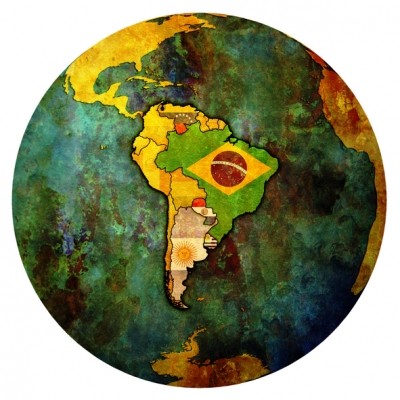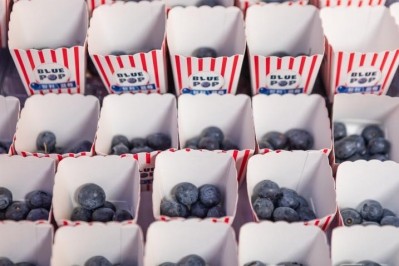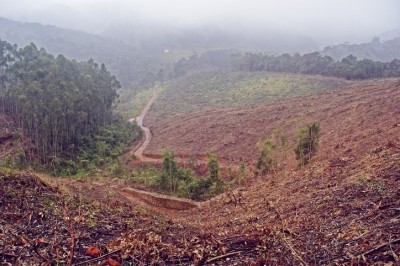Brazilian beef
The Brazilian Ministry of Agriculture, Livestock and Farming welcomed the agreement, saying: “Agricultural products of great interest in Brazil, such as orange juice, fruit and soluble coffee, will have their tariffs eliminated. Brazilian exporters will gain access to quotas, for meat, sugar and ethanol, among others.”
Industry group, the Brazilian Confederation of Agriculture and Livestock (CNA), has not yet commented, saying it will wait for the final details to be announced.
Brazil’s Ministry of Economy estimates the deal will boost the country’s GDP by US$87.5 billion over 15 years.
Taking to social media to comment on the deal from Osaka, Japan, where he was attending the G20 summit, president Jair Bolsonaro said: “Together, Mercosur and the EU represent 1/4 of the world economy and now Brazilian producers will have access to this huge market. […] Great day!”
However, the gains for some Mercosur agri-food players were not as big as they had hoped.
During the decades-long negotiation process, Brazil, Argentina, Paraguay and Uruguay pushed for an annual tariff-free beef quota of 350,000 tonnes. The proposed deal offers them a quota of 99,000 tonnes of beef annually, with a tariff of 7.5%.
Nonetheless, markets reacted positively towards South American meat packers. Shares in JBS, the world’s largest meat producer, rose 6% while the biggest chicken exporter globally, BRF, saw its share value increase 8%. Marfrig shares rose by 3%, Reuters reported.
© GettyImages/Fevziie Ryman



















